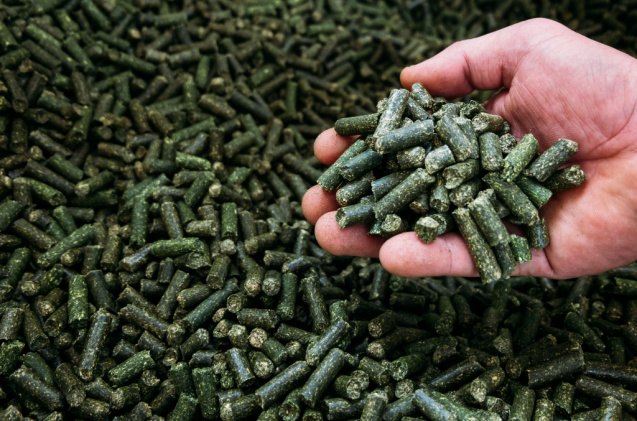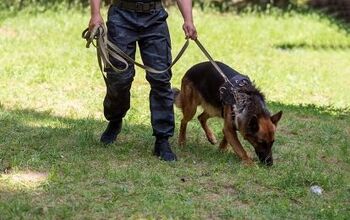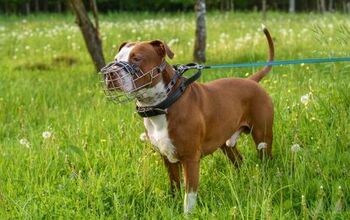All About Supplements for Horses

When taking care of a horse, you might think that quality feed, hay, or pasture is all that’s needed to keep them healthy and hale. You can even go to great lengths to provide the best quality food – but it could still not be enough. Sometimes, horses simply cannot acquire all the needed vitamins, proteins, and other key nutrients from the regular food you provide. This can cause certain deficiencies that could possibly affect their health in the long run. In order to boost your horse’s immune system and to keep them as healthy as possible, supplements for horses might be needed. But how should you know when your horse needs supplements and what kind?
Do All Horses Need Supplements?
Experts and equine aficionados propose that not all horses require supplements all the time. A perfectly healthy young horse with access to quality fresh food and with plenty of exercise, will likely get from it all the nutrients it needs for healthy development. But some horses simply won’t get all the nutrients from their diet. These nutritional gaps can be seasonal, affected by a subtle change in food quality, or they can be caused by other aspects, such as the advanced age of a horse, pregnancy, sickness, and so on. In such cases, supplements are much needed to keep the health in its prime. So, it is important to know when supplements are needed and to avoid giving them without good cause.
Generally speaking, the need for supplements can be dictated by the age of the horse, its activity levels, and their given state. Older horses might not have the perfect digestive system as they did before, and supplements can help them. An injured horse that is recovering and lacks physical exercise or outside time will also benefit from certain supplements. Or, for example, a mare that expects a foal will also need those extra nutrients.
What Kind of Supplements Does My Horse Need?
The need for nutrients can also depend on the type of food you provide to your horse. If it’s a grass or hay-only diet, certain nutrients could be lacking in their diet. Horses that consume grain, as well as hay, will have a different intake of vitamins and minerals. In some cases, a special mineral block can be provided to supplement these deficiencies or a supplement that provides only a certain vitamin or mineral. Some of the most common vitamins that a horse might need if they consume only hay or grass include vitamin A, biotin, vitamins B, C, and D, and beta carotene.
Other key supplements to consider are probiotics and prebiotics. They help maintain the horse’s digestive system and also boost immunity. Both will add beneficial microflora to the gut and can help the horse get the most out of its feed. In some cases, due to poor quality feed and overfeeding, horses can get gas and become bloated. These supplements can help remedy that.
Overall, there are a number of different supplements that can be crucial for horses. Most of them are used as needed, and if needed. For example, joint supplements can help senior horses who are plagued by arthritis, while weight gain supplements can help recovering horses who have trouble getting back those lost pounds. Similarly, hoof and coat supplements can help keep the coat shiny and smooth, and healthy, and the hooves strong.
Of course, it goes without saying that you should only use registered and approved supplements and always with advice and instructions from your vet. Avoid using supplements of dubious origins, and never give supplements of your own accord or without making sure with your vet that they are actually needed in the specific situation.

A proud mama to seven dogs and ten cats, Angela spends her days writing for her fellow pet parents and pampering her furballs, all of whom are rescues. When she's not gushing over her adorable cats or playing with her dogs, she can be found curled up with a good fantasy book.
More by Angela Vuckovic






















